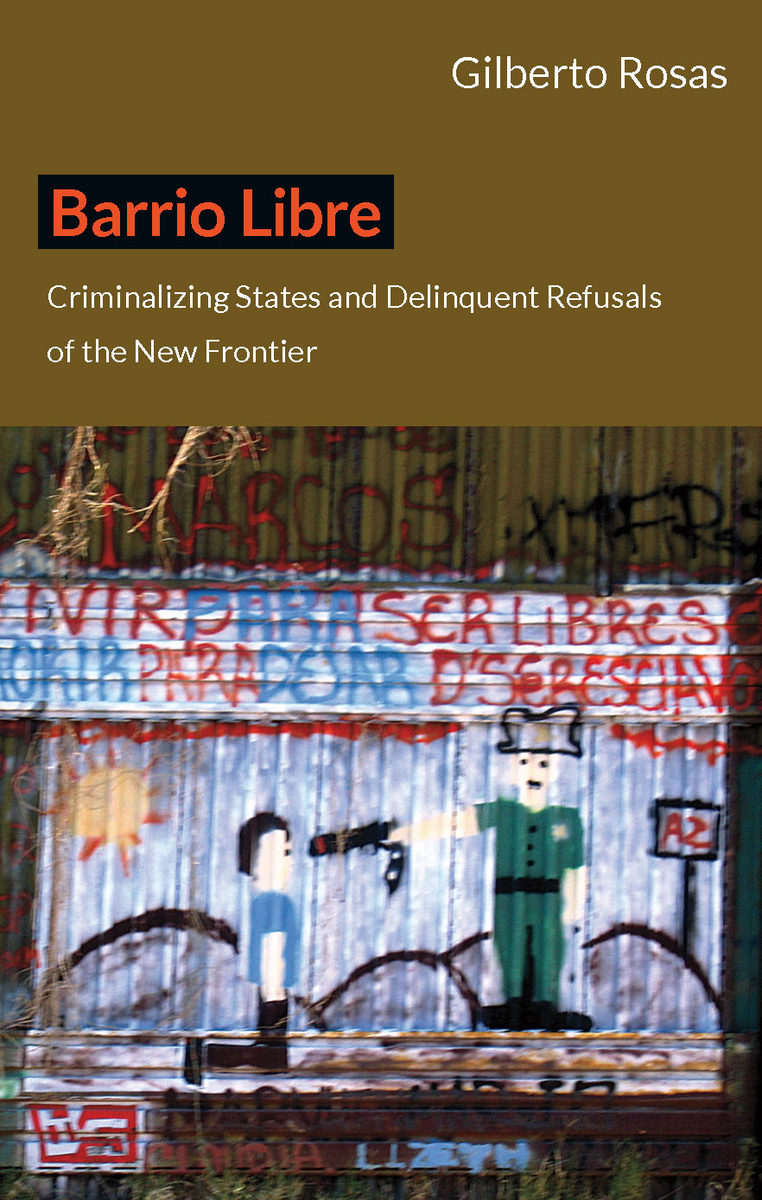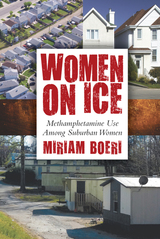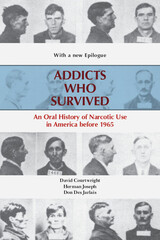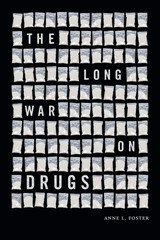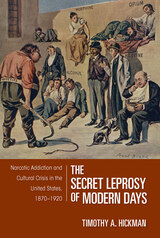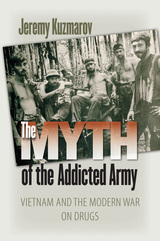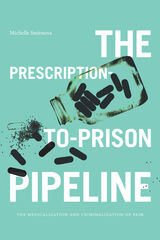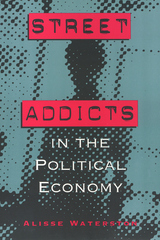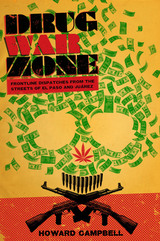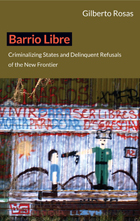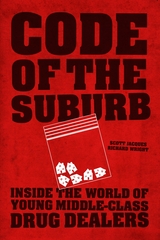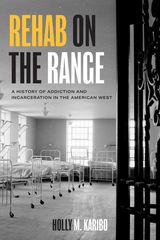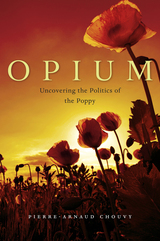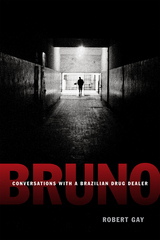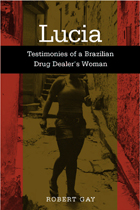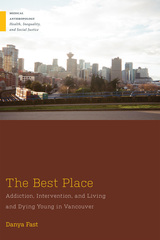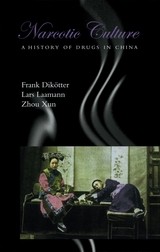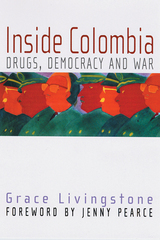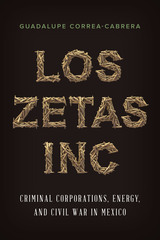"Gilberto Rosas's exploration of the seamy underbelly of neoliberal state sovereignty in the sewer tunnels beneath the US-Mexico border takes us to a vexed and murky place, both ethnographically and theoretically. His work invites us to consider provocative and urgent questions about the deep complicity between policing and criminality, and the racialized relegation of human life to abjection and unnatural death on the new frontier. Rosas's insistence upon directing our critical gaze to a dark and dank place of subjection, power, and violence ought to instigate vital new lines of debate in the study of border enforcement and subjectivity within the wild zones of state power."—Nicholas De Genova, coeditor of The Deportation Regime: Sovereignty, Space, and the Freedom of Movement
"In this raw and compelling ethnography, Gilberto Rosas grapples with the violence, racism, and determined attempts by border youth to build their own sense of freedom in the cage of the US-Mexico border and its economy of escalating inequalities. Barrio Libre is a significant contribution to border and borderlands studies, one that enriches our understanding of the lives of youth."—Lynn Stephen, author of Transborder Lives: Indigenous Oaxacans in Mexico, California, and Oregon
“A theoretically sophisticated study, albeit sustained with ample ethnographic detail, often communicated via precise vignettes and anecdotes. A short study, digestible over several sessions, it is accessible to advanced undergraduates though particularly useful in graduate level classes focusing on ethnicity and immigration, borders, Mexico and the United States, among others, and should find a place in courses in anthropology, sociology, political science, international studies and other areas.”
-- Leigh Binford Social Forces
“This book would be a great choice for a graduate seminar on violence, conflict, immigration, human rights, the U.S.-Mexico border, or political geography, as it is rich with theoretical interest and ripe for challenging discussion. . . . Barrio Libre is an excellent book that shines a bright light through the dark passageways running under the Mexico-U.S. border and, like it or not, shows us what is there.”
-- Margaret Wilder Journal of Latin American Geography
“The strength of [Rosas's] work is in his ability to analyze with authority and depth both sides of the border politic that historically gave birth to the intense violence that exists today. He deftly articulates the dehumanizing practices of both Mexican and U.S. economies and powers that practice neoliberalism, which has led to the new low-intensity warfare and militarized policing prevalent at this cross-border region.”
-- Cynthia Bejarano The Americas
“Gilberto Rosas’ Barrio Libre offers its readers a thoughtful and complex (re)theorizing of the Mexico/US border, the various subjects that inhabit it, and the violence that has become so much a part of securing the border and the nations it divides.”
-- Cristina Jo Pérez Powerlines
“The concise book uses well-chosen vignettes to show the reader ethnographically and theoretically what the point of view of the youth in Barrio Libre can teach scholars about contemporary racial and national politics with regard to migration and the construction of national security threats in Mexico and the United States.”
-- Connie McGuire PoLAR
"Scholars from a range of disciplines will find several valuable insights in this text. Latin Americanists will appreciate the rich and meaningful references to the borderlands... Scholars working on new forms of humanism will be drawn to Rosas’ ability to draw out the textures of fragile human forms of life by means of an ethnographic attention to imminent death, framed complimentary to other ideas of slow death and cruel optimism."
-- Emily A. Lynch Journal of Latin American and Caribbean Anthropology
